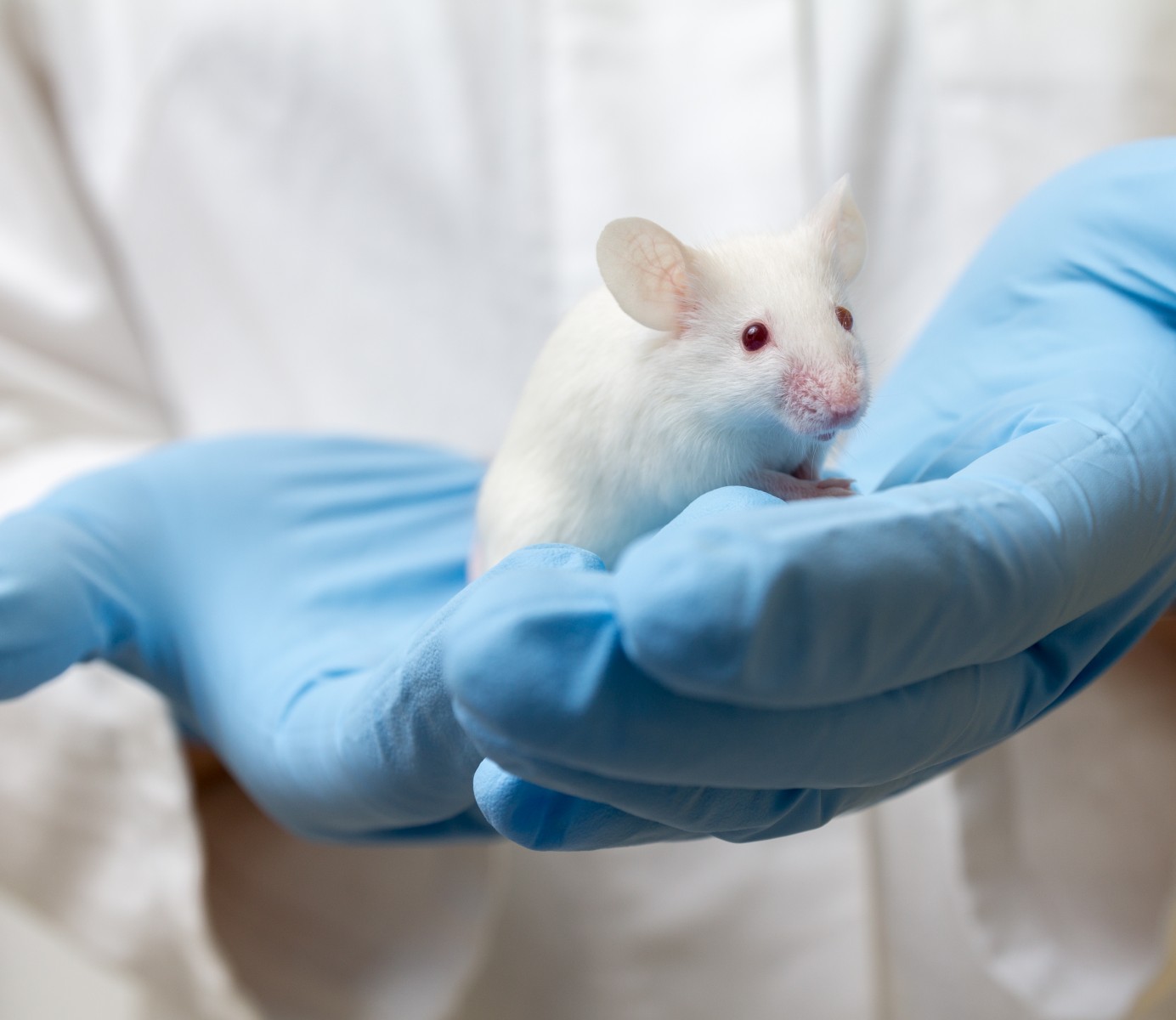Blocking a Spinal Muscular Atrophy Enzyme, JNK3, Seen to Ease Disease in Mice Regardless of Underlying Mutation
Written by |

Texas Tech University researchers have identified a possible therapeutic target, the enzyme JNK3, for spinal muscular atrophy (SMA) that is independent of the causing genetic mutation. Their research, titled “Genetic Inhibition of JNK3 Ameliorates Spinal Muscular Atrophy,” was published in Human Molecular Genetics.
SMA is a genetic neurodegenerative disease that affects the control of muscle movement, caused by a missing or defective survival motor neuron 1 (SMN1) gene, decreasing production of the survival motor neuron (SMN) protein essential for the healthy maintenance and survival of motor neurons. The resulting progressive degeneration of spinal motor neurons eventually leads to muscle atrophy and death. Mutations in other genes are also known to cause SMA.
Researchers found that the c-Jun NH2-terminal kinase (JNK) signaling pathway mediates neurodegeneration in SMA, and that the enzyme JNK3 is essential for the neurodegeneration caused by SMN deficiency. Researchers observed that genetic inhibition of this pathway caused by the knockout of JNK3 led to amelioration of the SMA phenotype in mice. The animal models experienced reduced muscle degeneration, improved muscle growth and thickness, arrested loss of spinal cord motor neurons and, overall, an increased lifespan.
The researchers now plan to test several pharmacological agents that could inhibit JNK3, to develop drugs that might aid and ameliorate the lives of patients. Dr. Laxman Gangwani, the study’s lead author, said in a press release, “This is the first study done that identifies a target, JNK3, that’s independent of the genetic mutation of spinal muscular atrophy for novel therapeutic development. JNK3 represents a promising new avenue of research for clinical advances in developing a treatment.” The use of JNK3 inhibition for the treatment of SMA has also been patented.
Read More News
AveXis, Inc., announced that its Phase 1 clinical trial of its proprietary gene therapy candidate, AVXS-101, for the treatment of spinal muscular atrophy (SMA) Type 1 has now completed patient enrolment.
Fifteen young patients, diagnosed before age six months and with two copies of the SMN2 backup gene, as determined by genetic testing, are taking part in the open-label, dose-escalation trial.






